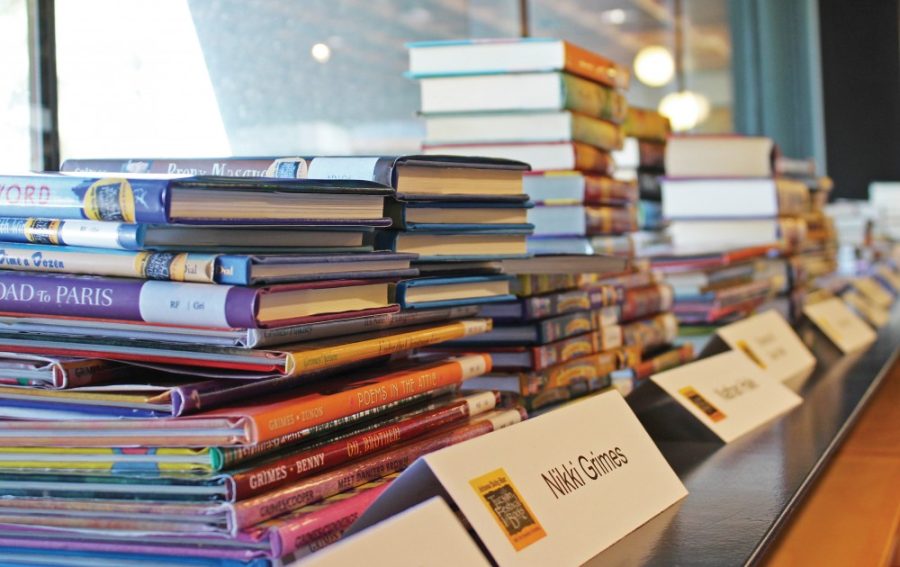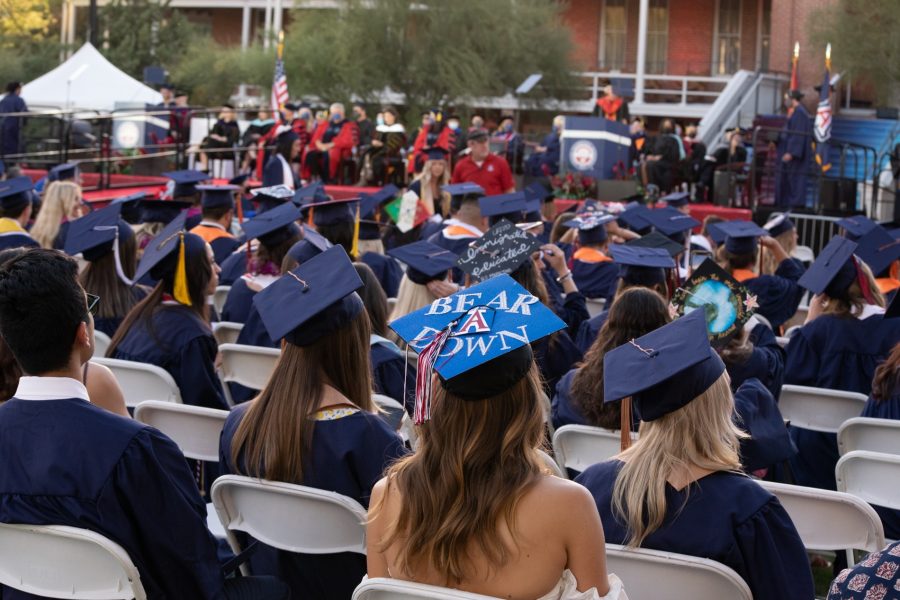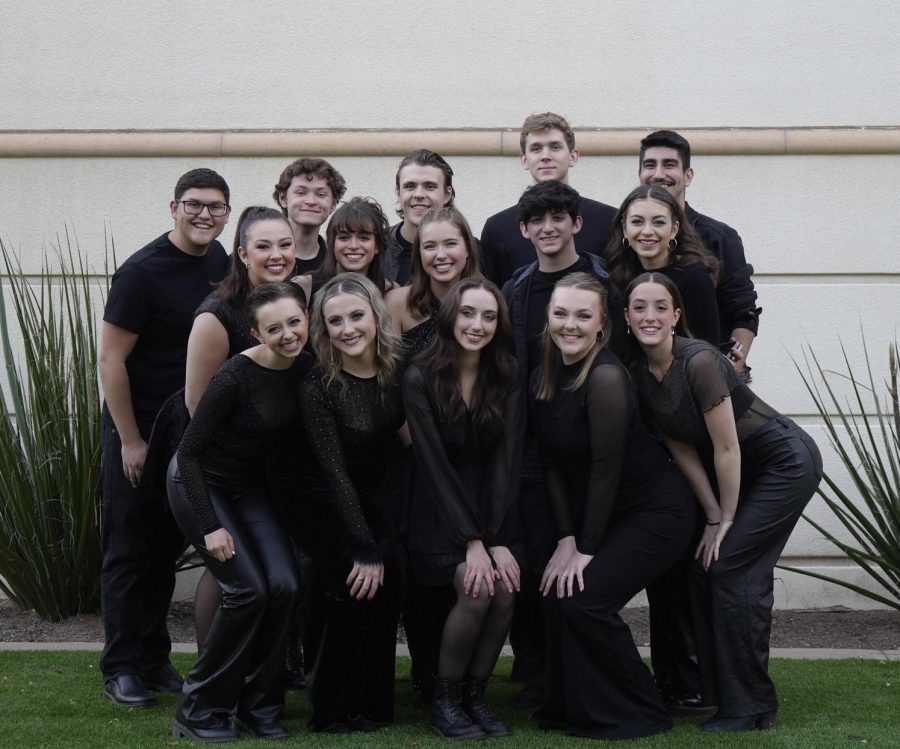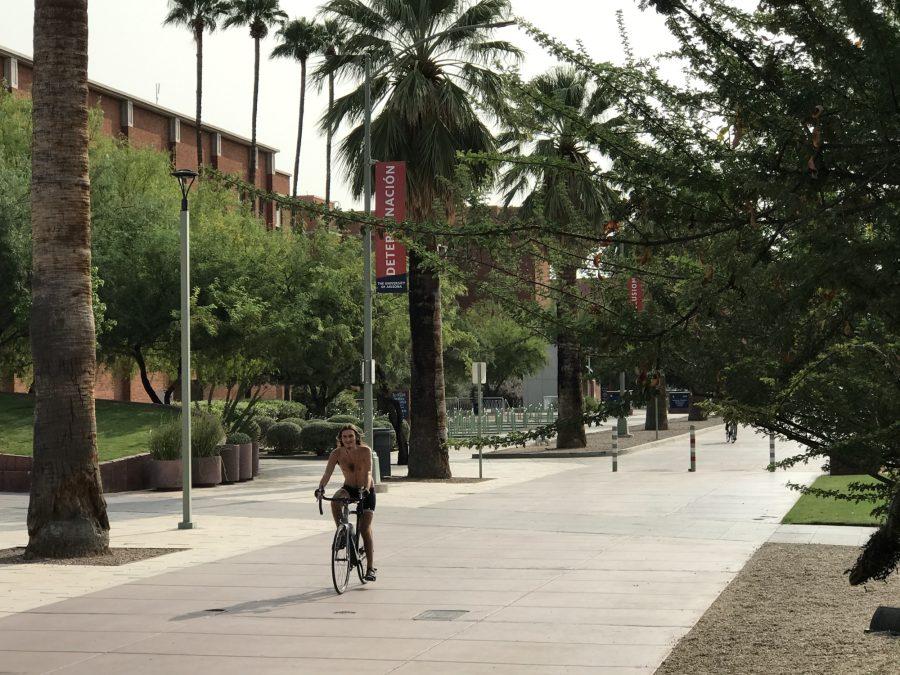The University of Arizona announced this summer a newly introduced world literature bachelor of arts degree for students. Classes are available now. The UA College of Humanities surveyed their last semester graduates, asking if they would have chosen to study world literature had they the opportunity. To their surprise, approximately 65 percent of those surveyed said “yes.”
“There are people with important things to say that aren’t dead Englishmen,” said Natalie Robbins a creative writing senior. “To be a well-rounded person, you have to consider work by authors from different backgrounds and parts of the world.”
Robbins said that most of the authors that are taught in high schools and colleges are fairly homogeneous, and she would be interested in learning more about foreign literature. However, to start the path toward this new degree being your major, you’ll need a hefty load of language credits.
Students will need to complete six semesters of foreign language or credit equivalents. Students will also take English 280, an introductory literature course that focuses on multiple texts from around the globe in their original languages.
RELATED: Campus Guide ’17: Discover the Communities of the UA Cultural Centers
“The world opens up to them with this new-world literature degree,” said UA German professor Steven Martinson. “They have an opportunity to study a wide variety of different cultures and literature and how those cultures are expressed.”
Martinson advocated for the creation of the degree alongside 11 other members of a committee to get this degree in the hands of students.
UA German associate professor David Gramling, who has been teaching world literature since he finished his doctorate, will teach English 280 come this spring. Although he is not on the committee that spearheaded the creation of this degree, he is more than excited to begin enlightening students about world literature.
“It’s nice to be involved in a program that is so focused on language, translation, culture and multilingualism that is getting started here on this campus,” Gramling said. “To be with that effort from the first moment is great, and I’m really excited about it.”
Gramling is currently working on perfecting his plan for the course he’ll teach this spring, in which he said students will think about storytelling, literary, poetic and aesthetic traditions from around the world in various languages from Spanish and Portuguese to Tagalog.
While not every student has six language credits laying around, Gramling still urges students to come check out the introductory course.
He said students take English 280 before committing to the whole degree to see if it’s something they like. Both Gramling and Martinson have high hopes for this new degree, and both said students will be better for having taken it.
RELATED: Welcome letter from ASUA Matt Lubisich
“The nice thing about the world literature degree is that it can complement different majors on campus and you can work with faculty on campus,” Martinson said. “That is one of the biggest strengths that we have with this degree. Not too many programs offer the ability to do so as an undergrad student.”
The degree itself requires two English courses: English 280, introduction to literature, and English 380, literary analysis. Aside from the six foreign language credits, the program also requires 15 credits of upper-division literature courses of which two must be from different regions. The program also needs six credits of electives and a three-credit capstone course.
“Students pursuing this degree are able to embrace the world and receive a greater understanding of what it means to live in a global world and why that might be important and how it can contribute to their education,” Martinson said.
Martinson also urges students to involve themselves in a study abroad component to further strengthen their understanding and grasp of world literature. Studying abroad will particularly compliment learning world literature in the sense that students can go to just about any country and learn about their literature while immersing themselves in the culture.
“I’m hoping that we can build a community of scholars and, by studying world literature and world cultures and that, will help contribute to building a global community of scholars,” Martinson said. “With this new degree, we will be able to work together, share ideas, have a great deal of collaborations between faculty and students, and I think that’s something that we need to emphasize more in our academic pursuits.”
Follow David Pujol on Twitter.















